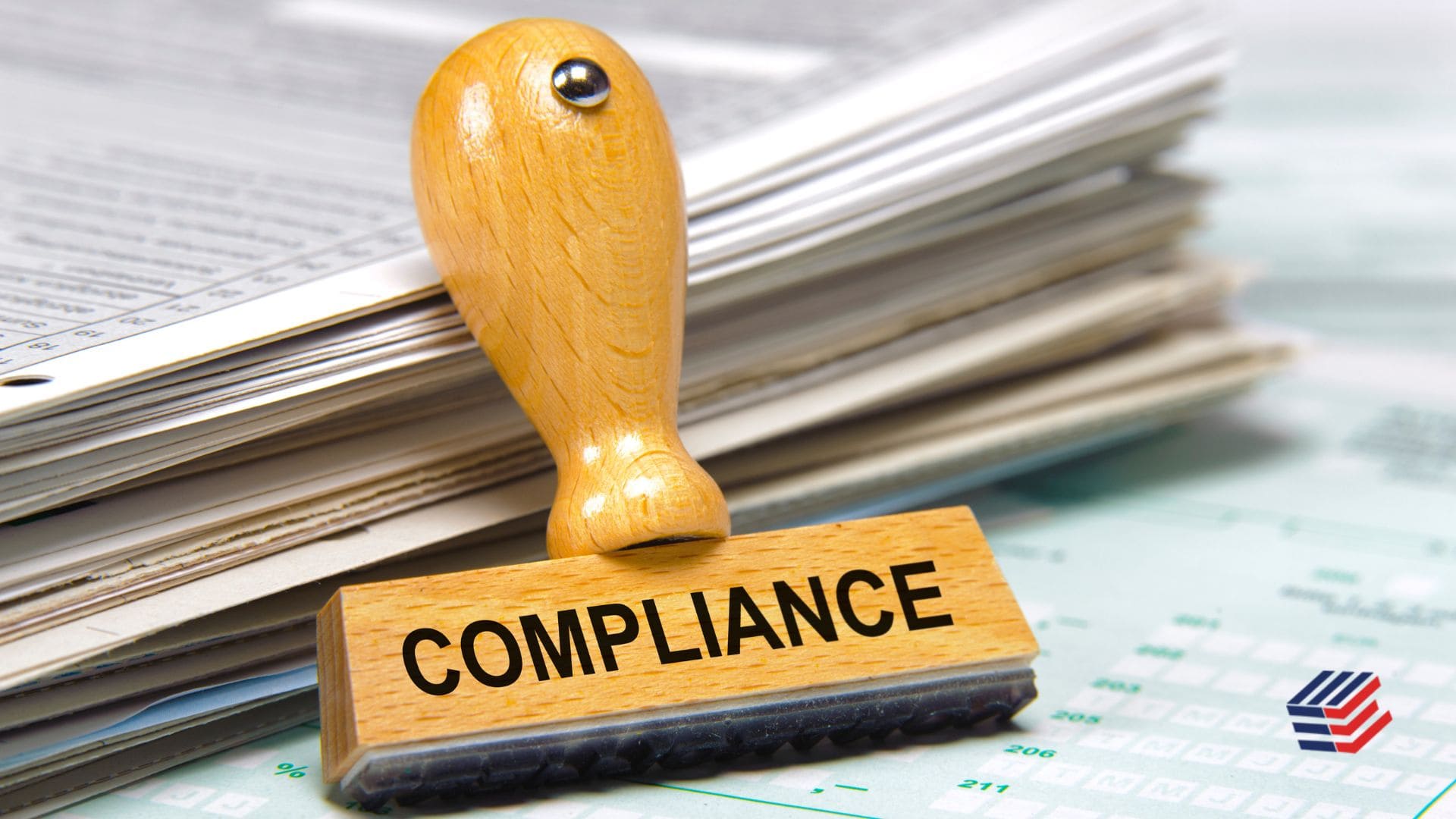Starting a new job is exciting, but it can also be overwhelming, especially when it comes to paperwork and compliance requirements. For HR managers, ensuring all necessary state forms are completed is crucial for legal and organizational reasons. This blog post will guide you through the essential state forms for new hires in 2024 and how to comply with the latest regulations.
Understanding State Forms for New Hires
Navigating the maze of required forms for new hires can be daunting. Each state has its own unique requirements that must be met to ensure legal compliance. These forms often include tax documents, employment eligibility verification, and more. Failing to complete these forms accurately can lead to significant penalties and complications for both employees and employers.
The Importance of Form I-9
One of the most critical forms every new hire must complete is the Form I-9. This form verifies an employee’s identity and eligibility to work in the United States. HR managers must ensure that the I-9 form is completed correctly and in a timely manner to comply with federal regulations.
W-4 Form for Tax Withholding
The W-4 form is another essential document for new hires. This form determines how much federal income tax should be withheld from an employee’s paycheck. In 2024, there may be updates to the W-4 form that HR managers need to be aware of to ensure proper tax withholding.
State-Specific Tax Forms
In addition to federal forms, many states require their own tax documents. These forms can vary significantly from state to state, so it’s essential to stay informed about the specific requirements in your location. HR managers should provide new hires with the necessary state tax forms to ensure compliance.
Direct Deposit Authorization
Many new hires prefer having their paychecks deposited into their bank accounts. To set up direct deposit, employees must complete an authorization form. This form typically requires banking information, such as account and routing numbers. Ensuring this form is completed accurately is crucial for timely and accurate payroll processing.
Employee Handbook Acknowledgment
Providing new hires with an employee handbook is a best practice for setting expectations and outlining company policies. HR managers should require new hires to sign an acknowledgment form indicating they have received and reviewed the handbook. This step helps protect the organization by ensuring employees are aware of policies and procedures.
Emergency Contact Information
Collecting emergency contact information is vital for the safety and well-being of employees. HR managers should ensure that new hires provide this information during the onboarding process. Having up-to-date emergency contacts can be crucial in case of an unexpected event.
Compliance with E-Verify
E-Verify is an online system that allows employers to confirm the eligibility of their employees to work in the United States. While not all states require the use of E-Verify, it is a valuable tool for ensuring compliance with federal regulations. HR managers should determine if their state mandates the use of E-Verify and incorporate it into their onboarding process if required.
Understanding Employment Agreements
Some positions may require new hires to sign employment agreements or contracts. These documents outline the terms and conditions of employment, including job duties, compensation, and confidentiality agreements. HR managers should ensure that all necessary agreements are signed and stored appropriately.
Staying Informed About State-Specific Requirements
State laws and regulations regarding new hire forms can change frequently. HR managers must stay informed about any updates or changes to ensure ongoing compliance. This may involve regularly reviewing state labor department websites or subscribing to industry newsletters for the latest information.
Benefits Enrollment Forms
New hires often need to complete forms to enroll in employee benefits, such as health insurance, retirement plans, and other perks. HR managers should provide clear instructions and support to ensure that employees complete these forms accurately and on time.
Recordkeeping and Documentation
Maintaining accurate records of all completed forms is essential for compliance and auditing purposes. HR managers should establish a robust recordkeeping system to store and organize new hire documents securely. This system should allow for easy retrieval of documents in case of an audit or legal inquiry.
Training and Support for HR Managers
Ensuring compliance with new hire forms and regulations can be complex and time-consuming. Providing ongoing training and support for HR managers can help them stay current with legal requirements and best practices. This investment in professional development can lead to more efficient and effective onboarding processes.
Leveraging Technology for Compliance
Many HR departments are turning to technology solutions to streamline the onboarding process and ensure compliance. HR software can automate the collection and storage of new hire forms, reducing the risk of errors and improving efficiency. Exploring and implementing these technologies can be a valuable step for HR managers.
Building a Culture of Compliance
Creating a culture of compliance within an organization is essential for long-term success. HR managers should emphasize the importance of completing new hire forms accurately and promptly to all employees. By fostering a culture of compliance, organizations can minimize legal risks and create a more efficient onboarding process.
Navigating the complexities of new hire forms and compliance requirements is a critical responsibility for HR managers. By understanding the essential forms, staying informed about state-specific regulations, and leveraging technology, HR professionals can ensure a smooth and compliant onboarding process. Investing in training and building a culture of compliance will further enhance the efficiency and effectiveness of your HR department. Start implementing these strategies today to master new hire compliance in 2024 and beyond.



